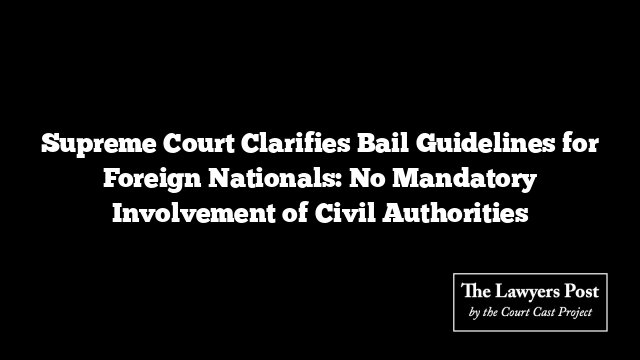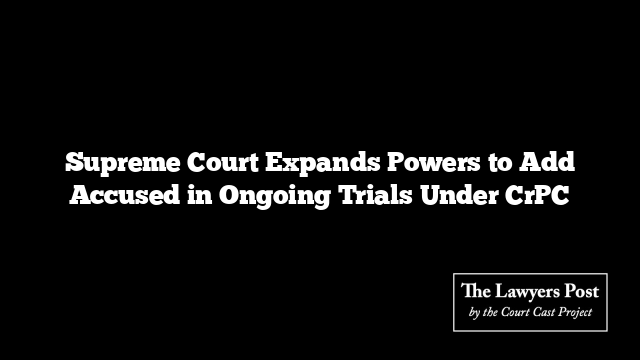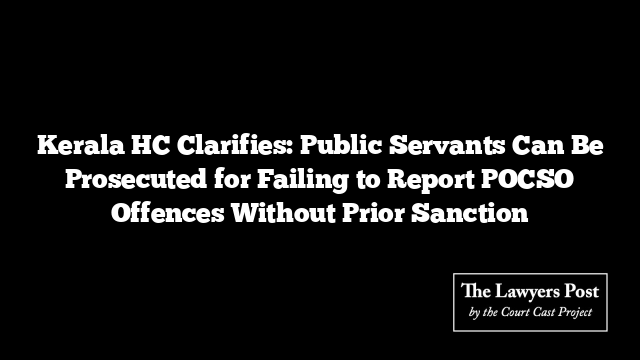In a landmark ruling, the Supreme Court of India has clarified that Civil Authorities and Registration Officers under the Foreigners Act, 1946, need not be included as parties in bail applications filed by foreign nationals. The court emphasized that their involvement is unnecessary unless the charges involve Section 14 of the Foreigners Act.
A bench comprising Justice Abhay S. Oka and Justice Ujjal Bhuyan highlighted that including these authorities in all bail applications would lead to undue delays in the judicial process. The court asserted that such officials lack the legal standing to oppose bail unless the allegations specifically pertain to Section 14, which deals with violations related to passports and entry regulations.
Key Directives Issued by the Court
The court laid out the following guidelines for bail cases involving foreign nationals:
- Immediate Notification: Courts granting bail to foreign nationals must direct the investigating agency or the State to inform the Registration Officer under the Registration of Foreigners Rules, 1992.
- Coordination Among Authorities: The Registration Officer must promptly notify relevant agencies to take necessary actions under the law.
Case in Focus: Nigerian National Challenges Bail Conditions
The judgment arose from an appeal filed by Frank Vitus, a Nigerian national, who contested stringent bail conditions imposed in a narcotics case. Arrested in May 2014 under the NDPS Act, he spent over eight years in custody before receiving bail in 2022. The conditions included:
- Furnishing a bail bond of ₹1,00,000 with two sureties.
- Obtaining a certificate of assurance from the Nigerian High Commission.
- Sharing his location via a Google Maps PIN.
The Supreme Court reviewed these conditions and provided significant clarifications:
- Embassy Certificate Not Mandatory: While such certificates were mandated in earlier cases as a one-time measure, the court ruled that they cannot become a blanket requirement for all foreign nationals. Courts retain the discretion to waive this condition if embassies fail to respond promptly.
- Privacy Over Surveillance: The condition requiring a Google Maps PIN was deemed intrusive and irrelevant. The court noted that this practice amounted to surveillance, violating the accused’s privacy rights under Article 21 of the Constitution.
Balancing Security and Justice
The court underscored that bail conditions must align with the Criminal Procedure Code and the principles of the NDPS Act. Restrictions should not serve as tools for arbitrary monitoring or prolonged confinement. It reiterated that while embassies and authorities may provide input, their records alone cannot justify denying bail if other conditions are met.
The judgment also clarified the independent authority of Civil and Registration Officers under the Foreigners Act. These officials, while empowered to regulate foreign nationals’ movements, do not hold jurisdiction over criminal court decisions on bail.
This ruling is expected to streamline the handling of bail applications for foreign nationals while safeguarding their rights and maintaining national security protocols.





